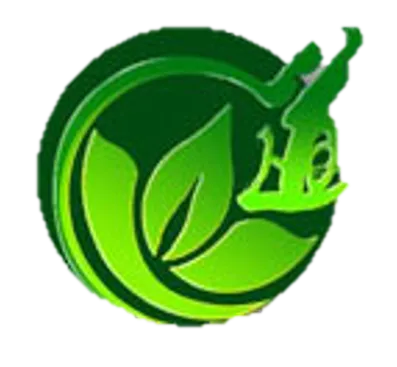Parasites
Parasites – A Traditional Chinese Medicine Perspective
Expelling Pathogenic Organisms, Strengthening Digestion, and Restoring Internal Balance
In Traditional Chinese Medicine (TCM), the concept of “parasites” is well recognized, though it may not correspond directly with the microbial classifications used in Western medicine. Instead of focusing on microscopic identification, TCM classifies parasitic infections under categories such as:
“Chong” (虫) – worms or parasites“Ji” (积) – accumulations or masses from long-term internal imbalance“Gan Ji” (疳积) – childhood nutritional disorders with parasitic involvement“Fu Yong” (腹痈) – abdominal abscesses or infections“Xie Chong” (邪虫) – evil parasites or hidden pathogens
TCM views parasitic diseases as the result of external pathogenic factors (often from food or environment) entering a body whose Zheng Qi (vital energy) is too weak to repel them. Poor diet, overconsumption of raw or contaminated foods, emotional disturbance, and environmental exposure can all lead to internal Dampness, Heat, or stagnation, creating a suitable internal terrain for parasites to thrive.
🔹 TCM Causes and Mechanisms of Parasitic Infestations
Parasites in TCM are seen as opportunistic entities that grow when:
Spleen Qi is weak, allowing Dampness to accumulate
Stomach Heat or Food stagnation leads to rotting and fermentation of undigested food
Liver Qi stagnation creates internal pressure and impairs detoxification
External Cold-Damp or Damp-Heat invades the intestines and harbors “bugs”Childhood malnourishment or improper feeding practices allow parasites to take hold
Rather than targeting the parasite alone, TCM aims to improve the internal terrain, making the body inhospitable to infestation while also expelling the parasites, repairing organ damage, and restoring vitality.
🔹 Common Symptoms Associated with Parasites (from a TCM perspective)
Abdominal bloating or pain, especially around the navel
Loss of appetite or constant hunger
Grinding teeth during sleep (in children)Itching around the anus or skin rashes
Fatigue, dizziness, or anemia
Bad breath or sour taste in the mouth
Loose stools, mucus in stools, or constipation alternating with diarrhea
Insomnia or nightmares (from internal Heat or Shen disturbance)
🔹 TCM Treatment Strategies for Parasites
✅ Expel Parasites
TCM has several natural antiparasitic (deworming) herbs.
✅ Strengthen the Spleen and Stomach
To rebuild the body's natural defenses and prevent reinfection.
✅ Clear Damp-Heat or Food Accumulation
When parasites generate internal Heat and rotting, symptoms worsen.Herbal formulas:
✅ Calm the Shen (Spirit)
In parasitic conditions with insomnia, irritability, or nightmares, support of the Heart and calming the spirit is essential.
🔹 Dietary and Lifestyle Advice
Avoid raw or undercooked meats and fish
Avoid greasy, sweet, or dairy-heavy foods that promote Phlegm and Dampness
Emphasize cooked, warm, and easily digestible foods like rice, ginger, Chinese yam, and mung beans
Clean hands and utensils thoroughly—especially with children
Include antiparasitic foods like pumpkin seeds, garlic, ginger, and bitter greens
✅ Conclusion
From the Traditional Chinese Medicine viewpoint, parasites are not just external invaders but a sign of internal weakness and imbalance, especially in the Spleen and Stomach system. TCM treatment emphasizes expelling the parasite, improving digestion, clearing residual toxins, and restoring internal strength to prevent recurrence. With the use of targeted herbs, acupuncture, dietary therapy, and lifestyle regulation, TCM offers a comprehensive, holistic method to restore both gut health and overall vitality.
